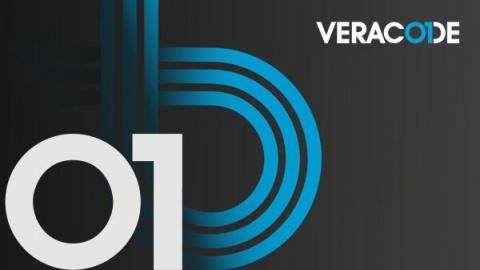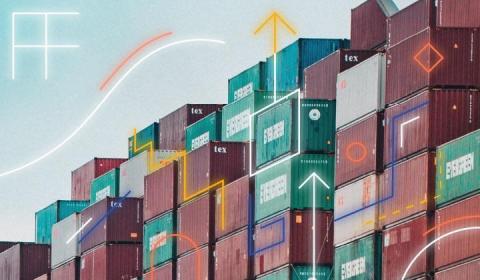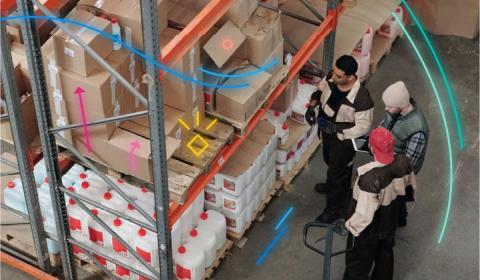Security | Threat Detection | Cyberattacks | DevSecOps | Compliance
Supply Chain
Mend.io Supply Chain Defender
How to Build a More Secure and Resilient Supply Chain
For threat actors looking to create widespread damage, attacking a third-party supplier with services and software that organizations can’t always control the security measures for continues to be an enticing target. The supply chain is now the weakest link.
FYI: the dark side of ChatGPT is in your software supply chain
Why SCA is Critical for Securing the Software Supply Chain
Weaknesses within software supply chains create a foothold for exploitation from cyberattacks. The problem is so significant that even the White House released an Executive Order that speaks directly on this topic. “The Federal Government must take action to rapidly improve the security and integrity of the software supply chain,” states the Executive Order emphatically. Now, you may be wondering what your organization can do to mitigate this risk.
Elastic partners with Chainguard on Software Supply Chain security and SLSA assessment
Snyk's 2023 State of Open Source Security: Supply chain security, AI, and more
The 2021 Log4Shell incident cast a bright light on open source software security — and especially on supply chain security. The 18 months following the incident brought a greater focus on open source software security than at any time in history. Organizations like the OpenSSF, AlphaOmega, and large technology companies are putting considerable resources towards tooling and education. But is open source software security actually improving? And where are efforts still falling short?
Retrieval vs. poison - Fighting AI supply chain attacks
Security Teams Need to Address One of the Biggest Software Supply Chain Risks: Open Source
One of the biggest threats to software supply chain security is open source software applications and components. Many enterprises and small businesses have come to rely on open source solutions, and they are an important part of IT strategies today. But vulnerabilities in open source software present a risk because they can provide cyber criminals with a way to carry out attacks.
Software Supply Chain Compliance: Ensuring Security and Trust in Your Software and Applications
Software and applications make the world go round. This naturally makes them a top attack target for threat actors, and highlights the importance of robust software supply chain compliance. But how do companies build and implement a compliance strategy that solves the challenges of modern application security? Let’s take a look.











